Apple accused of ‘disguising’ iPhone XS and XS Max notch in adverts
Lawsuit also argues that the advertised iPhone X screen resolution is incorrect
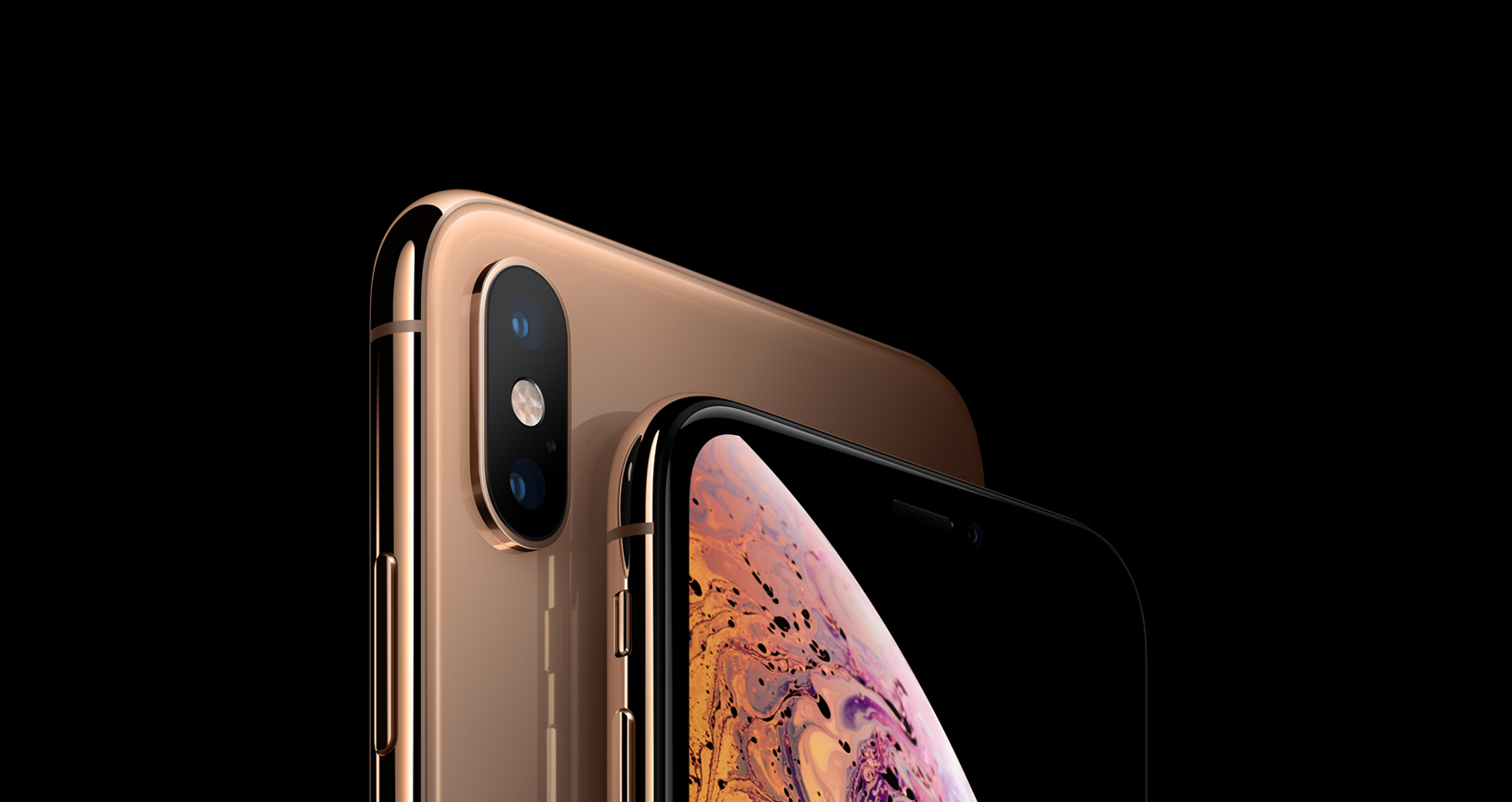
A free daily email with the biggest news stories of the day – and the best features from TheWeek.com
You are now subscribed
Your newsletter sign-up was successful
Apple is facing a lawsuit for allegedly disguising the screen “notch” on its iPhone XS and XS Max smartphones.
While the notch – the small indent at the top of the screen that houses the device’s camera and sensors – is visible when the handsets are unlocked, the lawsuit claims it cannot be seen in the images Apple uses to advertise the phones.
These promotional images have now come under fire from Courtney Davis and Christian Sponchiado, who claim in a lawsuit that the pictures “disguise” the notch by cleverly using a black background.
The Week
Escape your echo chamber. Get the facts behind the news, plus analysis from multiple perspectives.

Sign up for The Week's Free Newsletters
From our morning news briefing to a weekly Good News Newsletter, get the best of The Week delivered directly to your inbox.
From our morning news briefing to a weekly Good News Newsletter, get the best of The Week delivered directly to your inbox.
The lawsuit claims that Davis believed the device she pre-ordered would not come with a notch, Business Insider reports.
Along with the notch cover-up accusation, the lawsuit also argues that the iPhone X has a lower screen resolution than the advertised 2436x1125 pixel count, says CNet.
According to the plaintiffs, the pixel density is false because the device “doesn’t contain true pixels with red, green and blue subpixels in each pixel”, the tech site reports. Instead, the iPhone X reportedly “only has two subpixels per pixel, which is less than advertised”.
The lawsuit was filed in the Northern District of California and is currently pending class-action status, The Sun notes.
A free daily email with the biggest news stories of the day – and the best features from TheWeek.com
It’s not the only lawsuit Apple is facing. Last week, it told Reuters that it would launch a software update to avert a sales ban in China after chipmaker Qualcomm accused the tech giant of using its patents without permission.
-
 Can Keir Starmer save the Chagos deal?
Can Keir Starmer save the Chagos deal?Today's Big Question Opponents confident they can scupper controversial agreement as PM faces a race against time to get it over the line
-
 China and the rise of the humanoid robots
China and the rise of the humanoid robotsThe Explainer The country’s ‘bustling’ robotics industry is dominating the global market, though experts are split on how concerned we should be
-
 The cabbage comeback
The cabbage comebackThe Week Recommends Gone are the days of ‘WWII boiled cabbage recipes’. The humble vegetable is enjoying a resurgence
-
 Will AI kill the smartphone?
Will AI kill the smartphone?In The Spotlight OpenAI and Meta want to unseat the ‘Lennon and McCartney’ of the gadget era
-
 Is Apple’s Tim Cook about to retire?
Is Apple’s Tim Cook about to retire?Today's Big Question A departure could come early next year
-
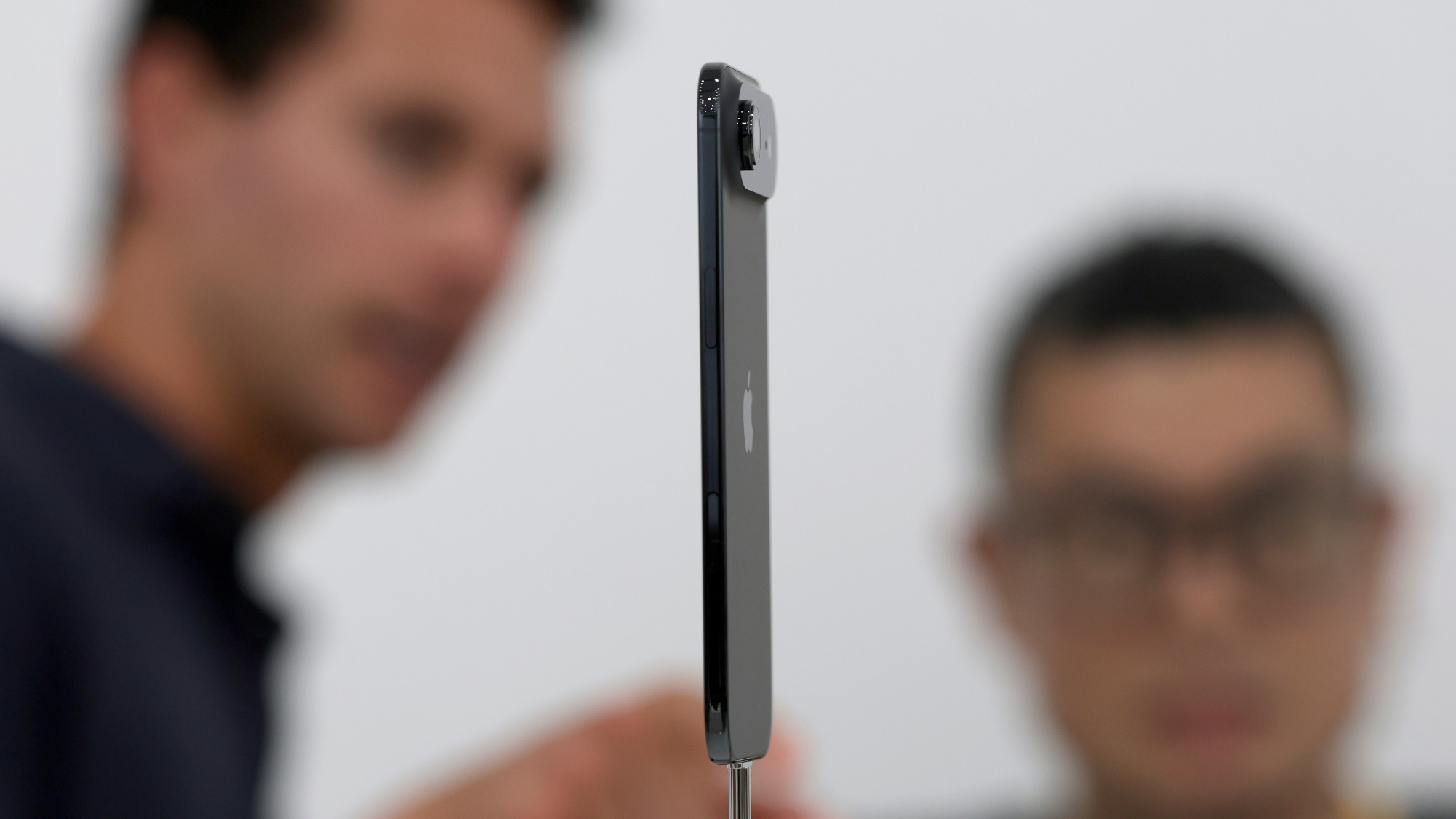 iPhone Air: Thinness comes at a high price
iPhone Air: Thinness comes at a high priceFeature Apple’s new iPhone is its thinnest yet but is it worth the higher price and weaker battery life?
-
 Is Apple breaking up with Google?
Is Apple breaking up with Google?Today's Big Question Google is the default search engine in the Safari browser. The emergence of artificial intelligence could change that.
-
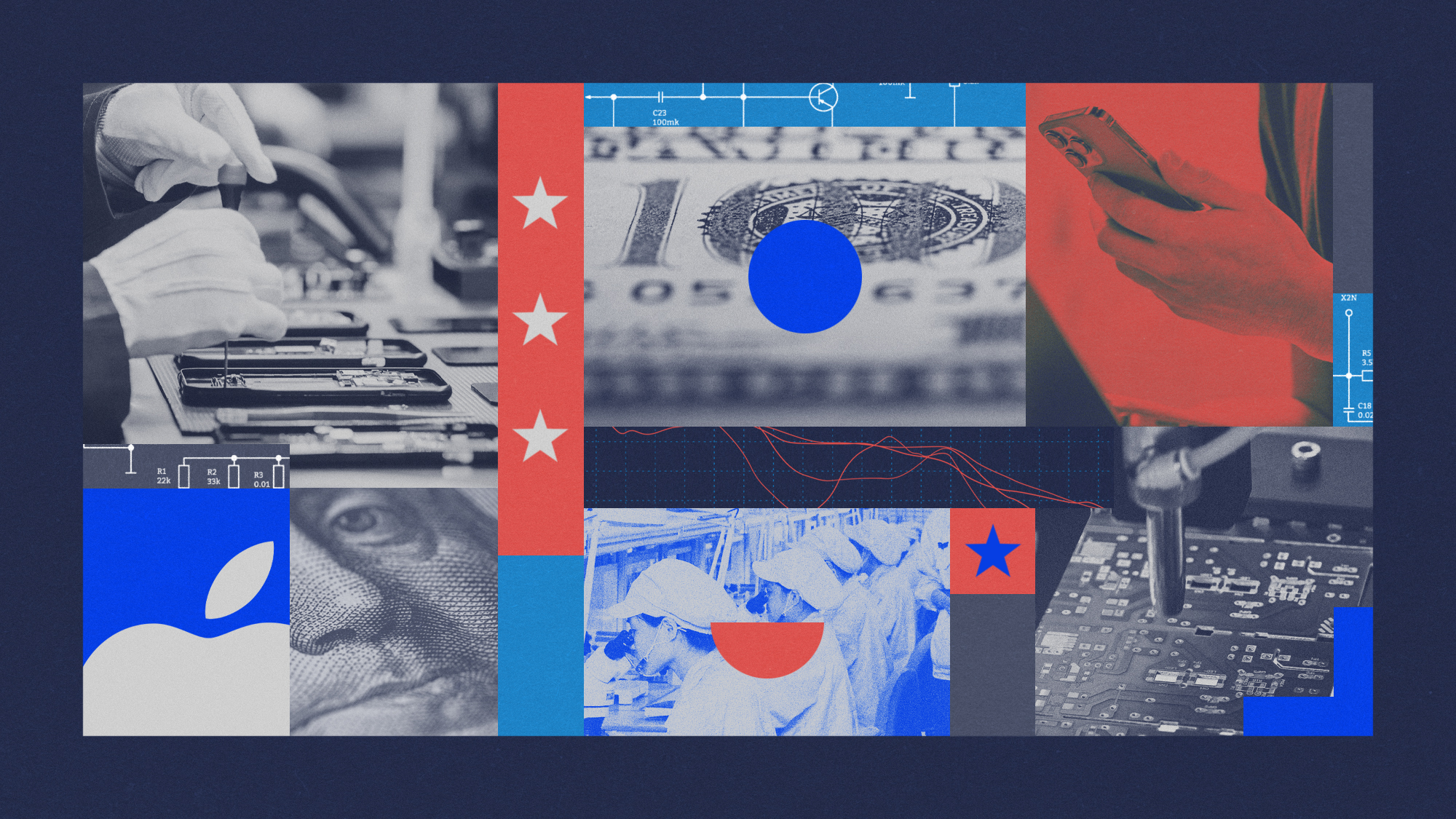 Why won't Apple make iPhones in America?
Why won't Apple make iPhones in America?Today's Big Question Trump offers a reprieve on tariffs, for now
-
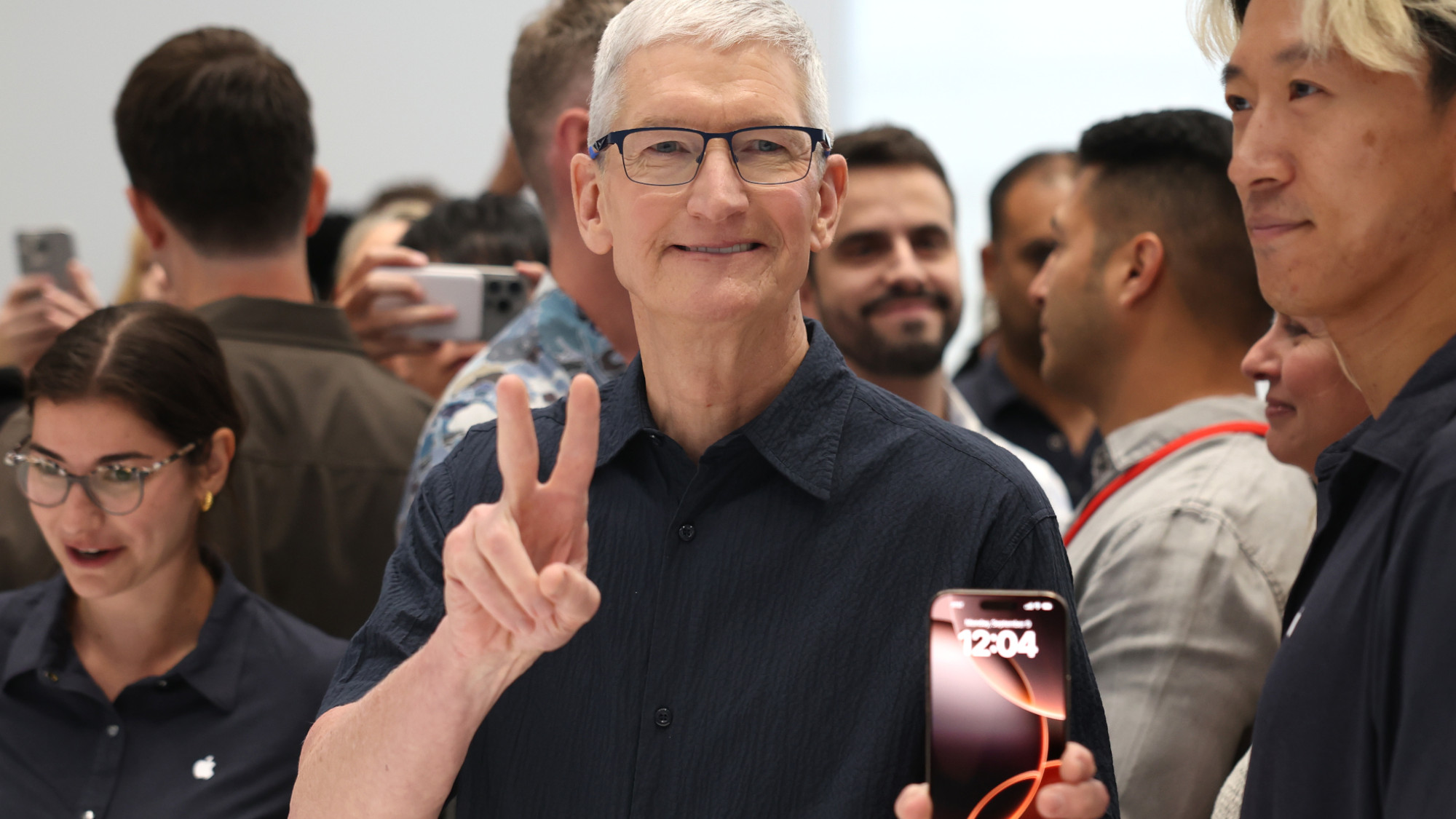 Not there yet: The frustrations of the pocket AI
Not there yet: The frustrations of the pocket AIFeature Apple rushes to roll out its ‘Apple Intelligence’ features but fails to deliver on promises
-
 Space-age living: The race for robot servants
Space-age living: The race for robot servantsFeature Meta and Apple compete to bring humanoid robots to market
-
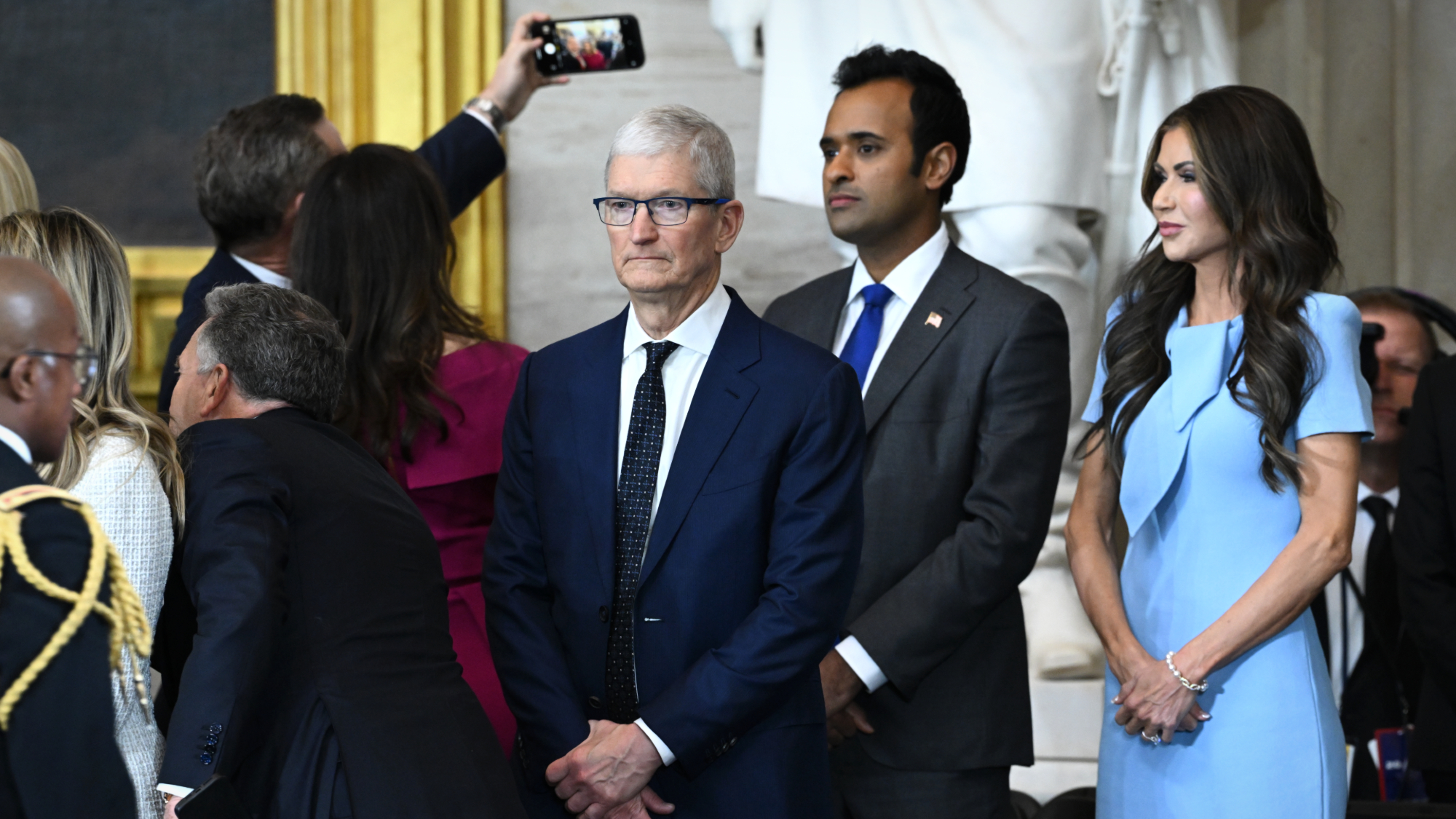 Apple pledges $500B in US spending over 4 years
Apple pledges $500B in US spending over 4 yearsSpeed Read This is a win for Trump, who has pushed to move manufacturing back to the US